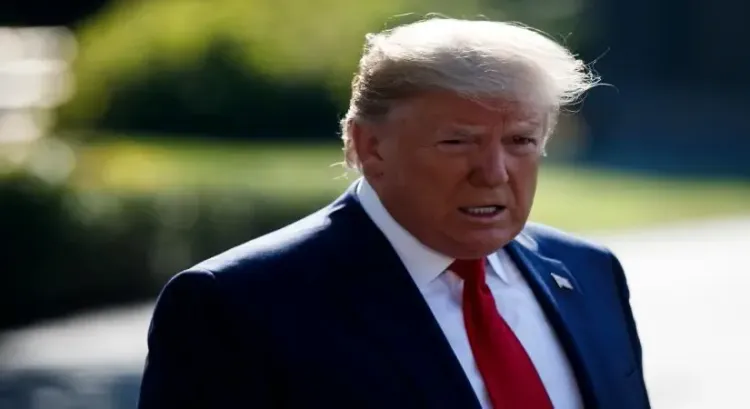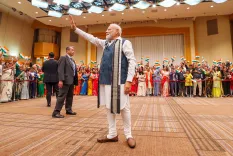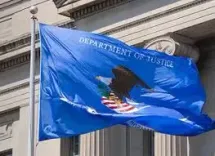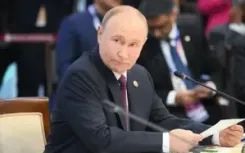Did a Federal Appeals Court Just Revoke Trump's Tariffs on India?

Synopsis
Key Takeaways
- Federal appeals court invalidates Trump's tariffs
- Ruling emphasizes Congressional power over tariffs
- Temporary stay until Supreme Court appeal
- Potential implications for US-India trade relations
- Trump vows to appeal the decision
New York, Aug 30 (NationPress) In a potential victory for India, a federal appeals court has invalidated the reciprocal tariffs imposed by US President Donald Trump, determining that he lacked the broad authority to establish them.
The court has, however, allowed the tariffs to remain in effect until October 14 to provide the Trump administration with the opportunity to appeal to the Supreme Court.
Following the decision announced on Friday afternoon, Trump criticized it as “highly partisan” and pledged to seek assistance from the Supreme Court, claiming he would receive “help”.
“If this ruling is permitted to remain, it would effectively destroy the United States of America,” Trump stated on Truth Social.
White House Deputy Press Secretary Kush Desai remarked, regarding the temporary stay, “The President’s tariffs are still in effect, and we anticipate a favorable outcome in this matter.”
The ruling primarily pertains to the reciprocal tariffs enacted under the International Economic Emergency Powers Act (IEEPA), not affecting those established under national security provisions.
If upheld after the Supreme Court appeal, the 25 percent reciprocal tariff impacting India will likely be rescinded. It remains unclear if the punitive tariffs on purchasing Russian oil are impacted, as Homeland Security Secretary Kristi Noem indicated it addresses “threats to the United States” posed by Russia.
The court's ruling does not address the tariffs on steel, aluminum, and copper imposed for national security reasons, leaving the possibility that the oil tariff may remain.
The Federal Circuit Court of Appeals in Washington, in a 7-4 vote, upheld a decision made by the Court of International Trade in May, which had been paused to allow Trump to appeal.
The ruling is based on the Constitutional provision that grants Congress the authority to impose tariffs, though it can delegate this power to the president.
“Tariffs are a fundamental Congressional power,” the majority opinion of the appeals court stated. “The essential Congressional power to impose taxes, including tariffs, is strictly reserved for the legislative branch as per the Constitution,” the seven judges declared.
During his trade war, the Trump administration invoked the IEEPA, claiming that trade deficits constituted an economic emergency that granted him the authority to impose tariffs.
The court clarified that the legislation did not “specifically grant the power to impose tariffs, duties, or taxes.”
Neal Katyal, a former acting solicitor general, served as one of the lead attorneys for the coalition of Democratic-led states and small businesses that contested Trump’s authority to utilize this law to impose tariffs.









